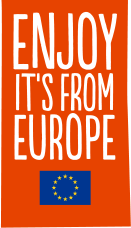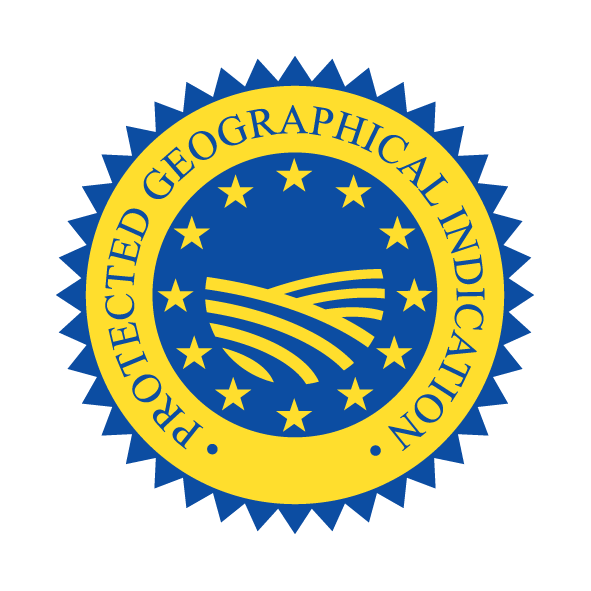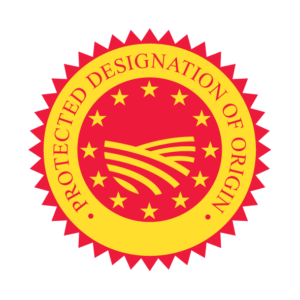Indications
aims of EU quality schemes
EU quality policy aims at protecting the names of specific products to promote their unique characteristics, linked to their geographical origin as well as traditional know-how.
Product names can be granted with a ‘geographical indication’ (GI) if they have a specific link to the place where they are made. The GI recognition enables consumers to trust and distinguish quality products while also helping producers to market their products better.
Other EU quality schemes emphasise the traditional production process.
protected designation of origin (PDO)
Product names registered as PDO are those that have the strongest links to the place in which they are made.
products:
Food, agricultural products and wines
specifications:
Every part of the production, processing and preparation process must take place in the specific region.
For wines, this means that the grapes have to come exclusively from the geographical area where the wine is made.
example:
Kalamata olive oil PDO is entirely produced in the region of Kalamata in Greece, using olive varieties from that area.
protected geographical indication (PGI)
PGI emphasises the relationship between the specific geographic region and the name of the product, where a particular quality, reputation or other characteristic is essentially attributable to its geographical origin.
products:
Food, agricultural products and wines
specifications:
For most products, at least one of the stages of production, processing or preparation takes place in the region.
In the case of wine, this means that at least 85% of the grapes used have to come exclusively from the geographical area where the wine is actually made.
example:
Westfälischer Knochenschinken PGI ham is produced in Westphalia using age-old techniques, but the meat used does not originate exclusively from animals born and reared in that specific region of Germany.

traditional speciality guaranteed
Traditional speciality guaranteed (TSG) highlights the traditional aspects such as the way the product is made or its composition, without being linked to a specific geographical area. The name of a product being registered as a TSG protects it against falsification and misuse.
products:
Food and agricultural products
example:
Gueuze TSG is a traditional beer obtained by spontaneous fermentation. It is generally produced in and around Brussels, Belgium. Nonetheless, being a TSG, its production method is protected but could be produced somewhere else.



 UNIQUENESS PROTECTED
UNIQUENESS PROTECTED 
